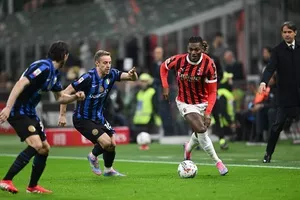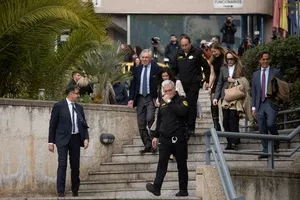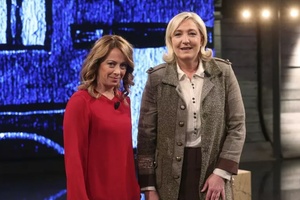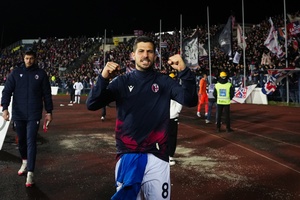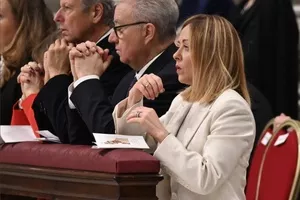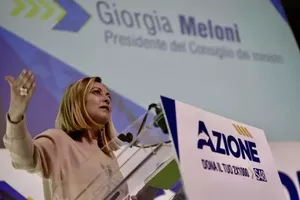After two tense days of talks, the many parties backing Prime Minister Draghi came to a resolution, despite the efforts of the Five Star Movement and the League, who have opposed the supply of weapons to Kyiv.
Both the Five Star Movement and the League have argued in favour of Italy taking a more active role in negotiating a peace deal in Ukraine, stating that a dialogue with Russia would be more constructive than sending weapons.
Draghi has vowed to involve Italy in a military de-escalation of the conflict between Moscow and Kyiv.
The government’s plan is to “demand from the Russian authorities, together with its European partners, an immediate cessation of war operations and the withdrawal of all military forces that are illegitimately occupying Ukraine soil”.
There are planned “multilateral or bilateral initiatives aimed at a military de-escalation that can achieve a change of phase in the conflict” and seek to find a “peaceful solution based on the respect for Ukraine's sovereignty and territorial integrity and the principles of international law”.
The proposed resolution also “guarantees support and solidarity to the Ukrainian people and institutions, legitimised by article 51 of the United Nations Charter - which sanctions the right to individual and collective self-defence - confirming Italy's role within the framework of multilateral action, starting from the European Union and the Atlantic Alliance, aimed at reaching the primary objective of a cease-fire and peace”.
The Cabinet, headed by Draghi, is currently facing internal turbulence, as the Five Star Movement has split, due to an argument between Luigi Di Maio and Giuseppe Conte.
It is unclear whether the split will have consequences for the government’s stability, but Di Maio is expected to retain his post, while forming a new parliamentary group with other Five Star Movement dissidents.

















